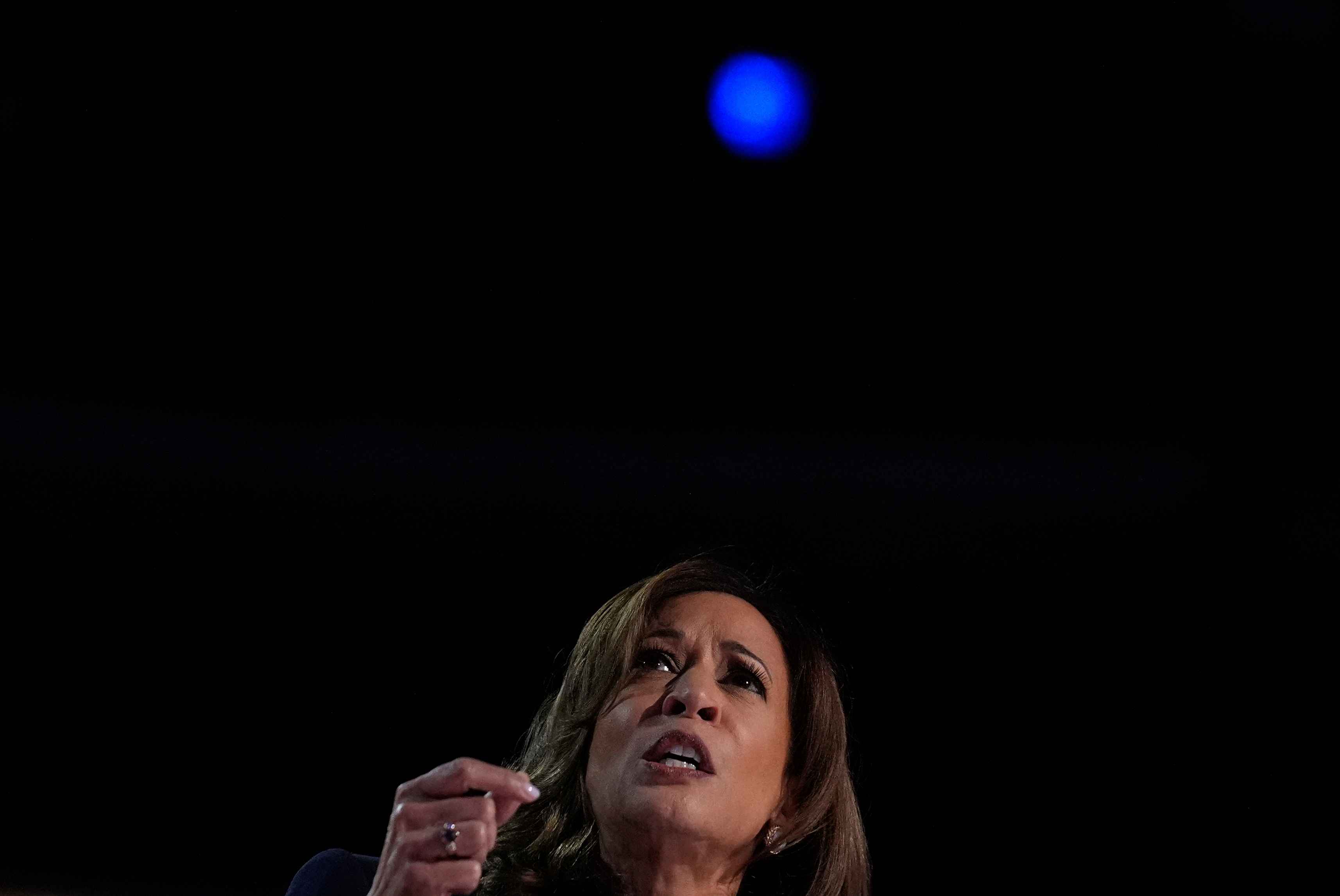Stimulus check: Why some taxpayers are still waiting for their payments
The IRS has sent about 159 million stimulus payments as of Wednesday, part of the government's efforts to help Americans weather the economic wallop of the coronavirus pandemic. But there are still Americans who haven't received their payments, a Treasury Department spokesperson said on Wednesday.
While Treasury didn't have an estimate on the number of payments that are still pending, the IRS received about 153 million individual tax returns in 2018, the most recent data available. Another 15 million Americans aren't required to file taxes, such as seniors who rely on Social Security as the sole source of their income. A rough calculation means about 9 million people could still be waiting for their stimulus payments.
The payments sent so far represent more than $267 billion in aid for American households that was directed by the Coronavirus Aid, Relief and Economic Security, or CARES, Act in late March.
On the surface, the plan appeared simple: Single taxpayers who earn less than $75,000 would receive $1,200 and married couples who earn less than $150,000 would get $2,400, while children under 17 would receive $500 each.
But the phased rollout of the payments and an IRS "Get My Payment" site that gave unclear information to many consumers left people anxious and worried about when they would receive the aid.
Americans who haven't yet received their payments may need to take a few steps, the Treasury said on Wednesday.
"There are eligible Americans who still did not yet receive their payments, and need to take action," Treasury said in a statement.
Here's why some Americans may still be waiting and what they should do.
People who don't normally file taxes
Americans who don't normally file taxes, such as millions of seniors on Social Security and low-income Americans, and who haven't received their payments should use the IRS' Non-filers tool.
This site allows people to send information about where the IRS should send their check, such as a bank account or mailing address. The site will remain active until October 15, and consumers who send the IRS updated information by October 15 will receive their stimulus payment by the end of 2020, Treasury said.
Your banking information was wrong
In some cases, the bank information that that IRS has on file might have been out of date or incorrect, such as in the case with people who used tax refund anticipation loans from tax preparers. If that happened, the bank will refuse the deposit, which means the IRS will then mail a paper check to the address is has on record for the taxpayer.
The IRS says that consumers can't update their bank information at the "Get My Payment" site if it already has direct deposit information on file, even if it turns out to be incorrect, or if it's already processed the payment. If the bank returns the check, the IRS will update the "Get My Payment" site to show the date when it plans to mail your check. It will take up to 14 days to receive the payment through the mail, the IRS says.
The Post Office couldn't deliver your check
If the U.S. Post Office was unable to deliver the check and returns it to the IRS, the agency said it will update your payment status at the "Get My Payment" site to "Need More Information." That will allow you to enter your bank account information for direct deposit.
If your payment amount was wrong
Unfortunately, if your payment was wrong, you'll have to wait until next year to get the correct amount.
For instance, some recipients may have missed out on getting payments for their dependents — such as children under 17 — but can claim the $500 next year when their file their 2020 taxes. That's because the stimulus payments are effectively an advance on a 2020 tax credit, which means the IRS will check whether taxpayers received their full credit when they file their 2020 taxes.
However, this has come under fire from some lawmakers, who say it's not right that some taxpayers may have to wait to clear up their stimulus checks.
"Struggling families in New Hampshire cannot wait until 2021 to receive the full stimulus payments to which they are entitled by law," New Hampshire lawmakers wrote in a letter to the IRS and Treasury last month.



